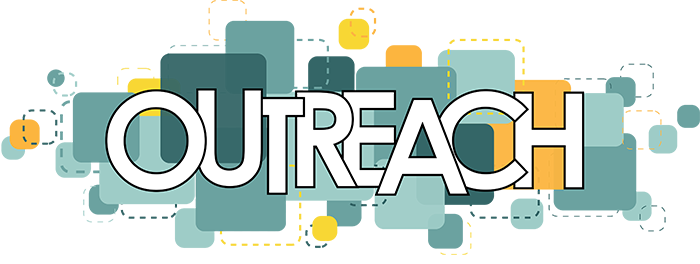Outreach & Housing Supports
Connect with Our
Outreach Team
You can also connect with members of our Outreach Team
7836 6th Street, Burnaby
Monday – Friday:
9:00 am – 4:00 pm
7135 Walker Avenue (by High Gate area) Burnaby,
Thursdays:
9:00 am – 11:00 am


Every person’s story is different, but there are a few common themes. We often see addiction, mental health problems, financial struggles, and housing issues. Government programs give some money to help, but for a single person on welfare, the most they can get for housing is $375 a month. Without a place to live, it’s really hard for people to get their lives on track and make things better.
Making Things Easier by Understanding More
Another big problem in finding homes for people is that many people judge those who don’t have a place to live. They don’t realize that being homeless can happen for many reasons that are often beyond a person’s control. Such things include danger, untreated mental health issues, drug or alcohol problems, loss of family or friends, job or home loss.
As more people need our help, the places where our outreach workers help have become really important parts of the community. People who don’t have homes come to these places to find things they need, like food, clothes, and a supportive community.
Housing Supports
Our team is all about helping people find a place to live. We’re here to figure out what suits you best and get you settled in a home. We work in in a few principal ways: the Homeless Outreach Program (HOP), the Homeless Prevention Program (HPP), Reaching Home program. All of these are designed to support folks who need housing.
Homeless Outreach Program (HOP)
The HOP helps people who don’t have a place to stay by giving them the basics like food, clothing, and guidance on street life. We also help with important things like getting an ID and finding permanent housing. The HOP is here for anyone in need, with a strong focus on confidentiality.
Can I get help?
If any of these situations apply to you, we can help:
- You don’t have a fixed address.
- You’re living or sleeping in public spaces, like on the street.
- You just left a hospital, rehab, treatment center, or jail and need a place to stay.
- You need to get out of a dangerous or temporary living situation.
- You’re moving out and need help finding a new home.
- You may be eligible for help to prevent becoming homeless.
What services can I get?
If you live in British Columbia, our outreach workers can help you figure out your housing needs and find a place to stay. This might include:
- Quick help wherever you are, like finding an emergency shelter.
- Help planning and getting things like identification or setting housing goals.
- Support finding housing and moving in, possibly with some rent help.
- Guidance to healthcare, counseling, addiction recovery, and other services.
- Help finding more permanent housing.
- Being a contact for landlords and answering their questions.
- Ongoing support as needed.
Homeless Prevention Program (HPP)
The HPP helps specific groups at risk of homelessness, such as families, women in danger, youth at risk, people leaving correctional systems, health care systems, or those of Aboriginal descent. The program offers rent help and support services to get people settled in regular (not government-subsidized) housing.
The rent assistance can help with things like:
- Paying your rent or damage deposit.
- Costs to get things like an ID.
- Transportation to a new home.
- Storing your stuff while you wait to move.
- Turning on utilities like heat and water.
- Covering moving expenses and starting up in a new home.
There are some things the rent help can’t be used for, like rent if you’re already getting help, non-housing costs, and medical expenses.
Am I at risk?
If you’re in immediate danger of being homeless, we can help. This includes youth leaving foster care, women at risk of violence, people leaving jail or hospitals, or individuals of Aboriginal descent.
Reaching Home
Reaching Home is an initiative by the federal government that’s all about helping communities like ours tackle homelessness. It’s a flexible program designed to meet the unique needs of different communities across Canada, whether urban, rural, Indigenous, or remote. This funding lets us address the specific challenges our community faces, providing targeted support where it’s needed most.
Through Reaching Home, we’re able to offer a variety of services. Whether it’s helping someone find a stable place to live, connecting them with health services, or supporting them through other challenges, we’re here to help. This program understands that everyone’s journey is different, and it gives us the tools to tailor our support accordingly.
Get Started by Filling Out a Referral
To know if you qualify for this help, reach out to an outreach worker. They can figure out what you’re eligible for.
